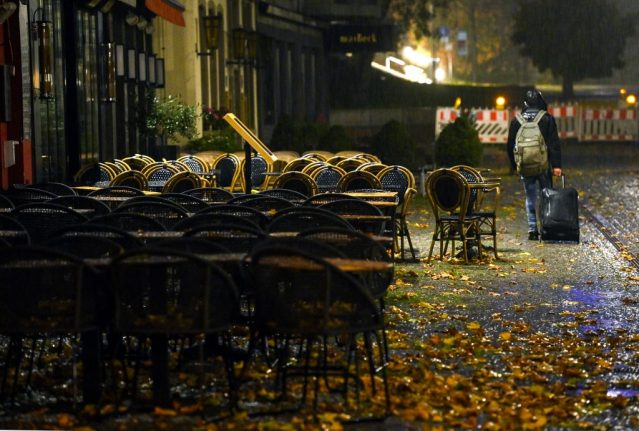“That was a regrettable announcement,” Swedish Enterprise Minister Annie Lööf told reporters in Stockholm.
Her comment came a day after GM said it would end technology-sharing licences to Saab and stop supplying the 9-4X SUV model to its insolvent former subsidiary if it were acquired by Chinese companies Pang Da and Youngman.
But GM said it would still supply some components.
That announcement jeopardises a last-ditch deal reached by the two firms last week with Saab’s current Dutch owner, Swedish Automobile, or Swan to buy the beleagured carmaker for €100 million euros ($134 million) and supply €610 million in long term funding.
Saab, which halted production six months ago as suppliers stopped deliveries owing to mountains of unpaid bills, would also receive €50 million in immediate bridge-financing to keep it afloat during its ongoing restructuring under bankruptcy protection.
The deal, the last in a long line of schemes presented by Swan’s charismatic chief executive Victor Muller in recent months to rescue Saab, was hailed in Sweden as a real chance at salvation for the carmaker but still requires a green light from a number of interested parties, including GM.
“When we last week saw the possible Chinese solution it was truly a joyous occasion. But with GM’s announcement yesterday (Monday) that they are saying
no to this solution we now have a spanner in the works. They have to start all
over again,” Lööf said.
GM sold an already bankruptcy-prone Saab in early 2010 to Swan – at the
time called Spyker – for $400 million, had already announced at the weekend
it was considering blocking the deal, which it said “could negatively impact
GM’s existing relationships in China or otherwise adversely affect GM’s
interests worldwide.”
A spokesperson for Pang Da told Swedish news agency TT the two Chinese
companies were working hard to resolve the GM stumbling block, and Lööf said
the Swedish government was “acting as a door-opener in the contacts between
Chinese authorities and GM.”
However, she stressed, “at the end of the day, it is the parties, Saab and the Chinese (firms), who need to reach a deal… Now (Saab’s court-appointed) administrator and the private parties need to sit down at the negotiation table and find a long-term solution for Saab and its employees.”
Saab currently employs some 3,700 people, but has said it is planning around 500 lay-offs as part of the pending Chinese deal.



 Please whitelist us to continue reading.
Please whitelist us to continue reading.
Member comments